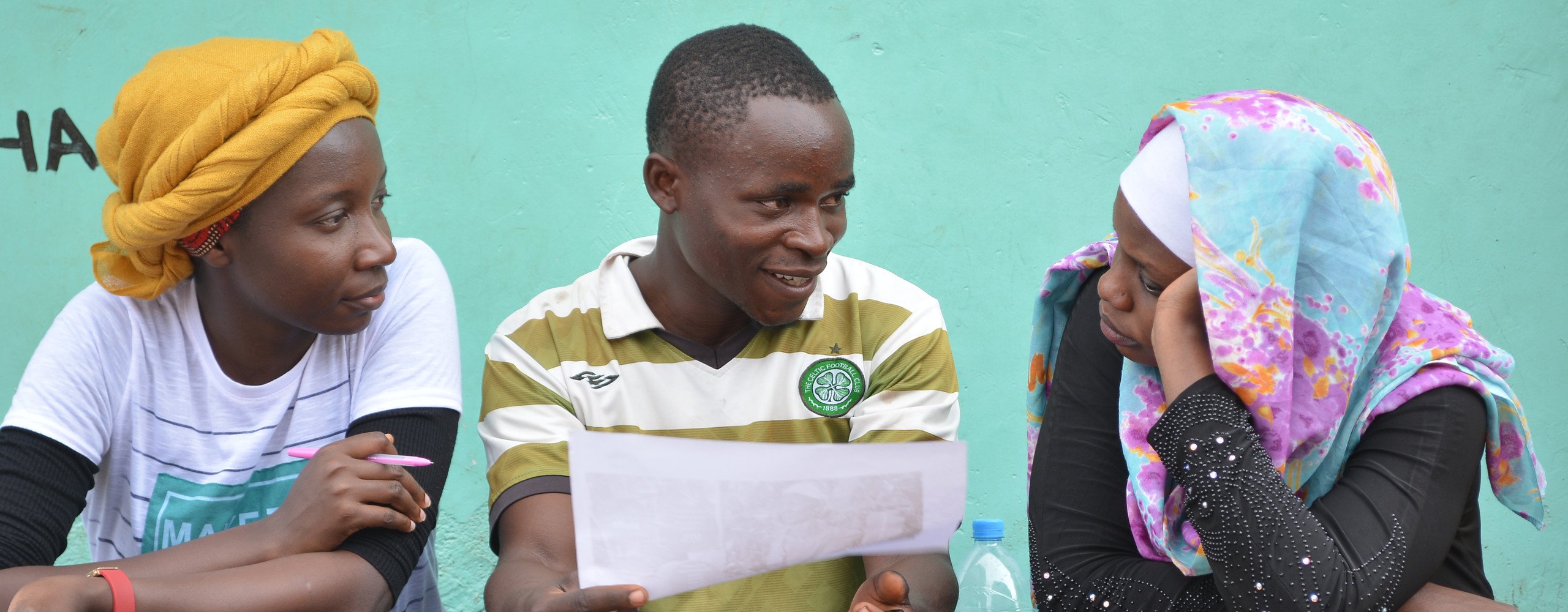In February 2021 Wellcome published a study exploring the role, benefits and potential of young people's involvement in health research.
The report, compiled by Dalberg, describes the findings from a rapid evidence review of 187 academic papers on young people's involvement in health research, with a focus on mental health, infectious diseases and global heating. It also gives recommendations on how to strengthen young people's involvement in health research from 146 stakeholders across 18 countries, including India, Indonesia, Kenya, Senegal, South Africa and Vietnam.
The study will be of interest to funders, researchers, NGOs and youth advocacy organisations, policy makers and the global health community.
Key Findings
Some key findings were as follows:
- The academic literature on young people’s involvement in health research is still emerging, with an increasing number of articles being published in the last five years.
- The vast majority of published health research that involves young people occurs in high-income countries.
- Most published articles do not report on the background of the young people who have been involved, hence it is difficult to conclude to what extent the research has been inclusive.
- Young people are most frequently involved in research design and data collection, rather than agenda-setting and dissemination/translation of findings. However, young people’s involvement in agenda-setting and research dissemination may be higher than what is reported in literature.
- Young people tend to have some control over decision-making in health research, but typically less than adults.
- Young people are more likely to be involved in mental health research in comparison to research on infectious diseases or the health implications of global heating/climate change.
Find out more and download the documents HERE
This work is licensed under a Creative Commons Attribution 4.0 International License



Please Sign in (or Register) to view further.